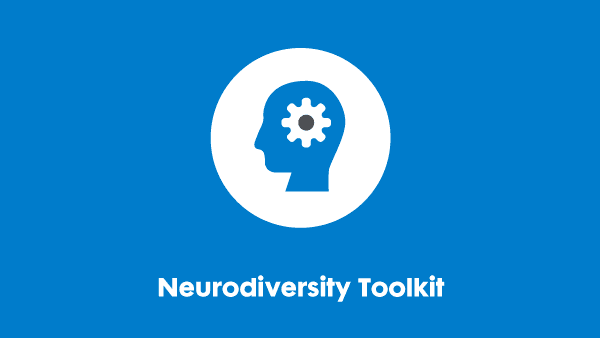Last updated: 20 September 2024
ADHD medication shortage – FAQs
Introduction
There is an ongoing shortage of all ADHD medications worldwide since late 2022. While there are still some supplies, these are far below the level needed. As a result, many people who rely on these medications have to travel to multiple pharmacies before they can find them, and many even have to change medications or go without.
Here at BDF, we have seen a rise in the number of enquiries about the current ADHD medication shortage. To help you support employees, clients and customers, we have written a short FAQ resource.
Frequently asked questions
Why is there a shortage of ADHD medication?
There have been recurring shortages of ADHD medications over recent years. This current global shortage has lasted for over a year in some places and appears to be having a greater impact than previous shortages.
The lasted advice from the UK Department for Health and Social care (DHSC) attributes this to “increased global demand and manufacturing issues”.
What medications are affected?
This will vary globally and locally, but most, if not all ADHD medications are affected to some degree.
When will it be resolved?
There is no one date as different medications and dosages are affected. Some are starting to return slowly but others are still very difficult to find.
Some official websites are suggesting December 2023 for some medications and others as late as April 2024. Nobody knows for sure when the situation will be resolved.
Once the medication starts to become available, will that resolve all of the issues quickly?
No. There is likely to be a spike in demand initially as prescriptions are refilled and newly diagnosed individuals are started on medication. This is expected to cause more shortages in the short term.
What is the impact on ADHD individuals?
A lack of medication can affect individuals in different ways including:
- Anybody who uses ADHD medication will worry about a lack of access to it and what this means to their symptom control.
- Many people are losing a lot of time trying to find pharmacies who have the medication and dosages required.
- Some people have been rationing their medication. They will be experiencing the same as individuals who are currently without medication but with some respite when they are able to take medication.
- Some people are currently without any of their prescribed medication. This means a return to their pre-medication status. Their mental health may also be negatively affected due to the difference between life with and without medication.
- Some countries have advised their prescribing doctors to delay starting individuals on medication during the shortage.
- Work and personal life will be affected by the lack of medication. For example, memory, concentration, impulsiveness, restlessness, sleep and much more. For more information on the challenges associated with ADHD, please see our ADHD factsheet.
- Some people may try to manage their ADHD with alternatives to medication such as supplements. Individuals should always talk to their healthcare provider before taking alternatives to prescribed medication.
Who else may be affected by the medication shortage?
- Work colleagues, managers, clients.
- Family members who also have ADHD.
- Family members and carers who do not have ADHD. They may be having to support individuals with ADHD.
- Some ADHD medication is used to treat other conditions such as narcolepsy and so they may also be struggling to access medication.
How can employers support anyone affected by the current medication shortage?
- Be compassionate – this is not the individual’s fault.
- Ask them how you can support them and discuss any concerns you have promptly and sensitively. The person may not know what they need, especially if they have been a stable and effective dose of medication for a long time. Flexibility is important.
- Any accommodations are likely to be temporary.
- Some individuals may need to switch medications as this will require them to slowly build-up to the right dose for them. This is known as ‘titration’. Not all medications will be suitable for everyone, and some people will experience strong side effects, especially initially.
- Some ADHD medications take several weeks to reach full effectiveness and individuals on these may need to have adjustments during this period.
- Some people may benefit from ADHD coaching to give them additional strategies. There may be waiting lists for this specialist coaching, and it will take time for results to be seen. Time off to attend these sessions is likely to help an individual in the short and longer term.
If you require this content in a different format, contact enquiries@businessdisabilityforum.org.uk.
© This resource and the information contained therein are subject to copyright and remain the property of the Business Disability Forum. They are for reference only and must not be copied or distributed without prior permission.
